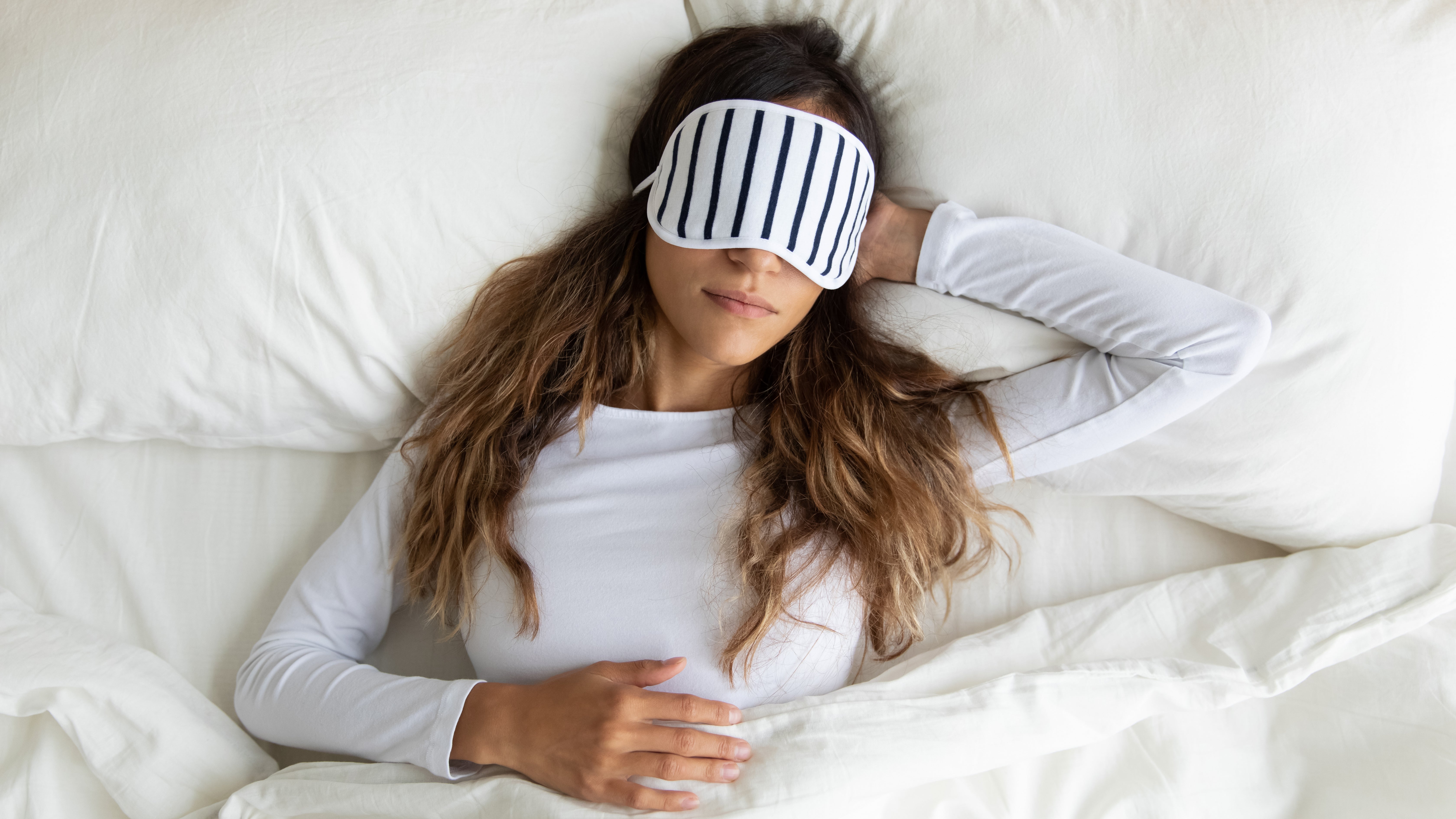World Sleep Day: What an expert says about using melatonin to sleep
Melatonin is an over-the-counter sleep aid that’s loosely regulated by the FDA

On World Sleep Day - 18 March 2022 - it’s important that we are getting a healthy night’s sleep. The annual celebration of sleep is a call to action on important issues related to sleep, such as medicine and education. Sleep plays an important role in our physical, mental, and emotional health, but with the use of melatonin on the rise, health experts warn about the dangers of sleeping supplements.
More Americans are using melatonin to help them fall asleep, despite a lack of data on the effects of long-term or high-dosage use, a new study found, prompting experts to express concern over the increasing use.
In the study, published in the Journal of the American Medical Association, it was reported that in 2018, adults were taking more than twice the amount of melatonin than they were a decade earlier. In fact, many Americans started taking higher doses of the over-the-counter sleep aid over time.
Melatonin is a hormone that the brain produces in response to darkness, which helps with the timing of your circadian rhythm while you sleep. Melatonin supplements, which come in pill, liquid, and spray forms, are often used to mimic the hormone’s sleep-inducing effects.
However, the study warned that the growing use of melatonin raises many safety concerns, as there is little evidence to suggest melatonin aids in sleep disturbances, and research has yet to be conducted to determine its long term effects, or the effects of high dosages.
“The concern is that melatonin is not recommended to treat chronic insomnia primarily due to lack of data on its safety and efficacy,” Dr Neomi A Shah, a professor in the department of medicine, division of pulmonary, critical care and sleep medicine at the Icahn School of Medicine at Mount Sinai, told The Independent. “Yet, it is being used by the general public to treat insomnia with limited to no success.”
According to the National Center for Complementary and Integrative Health, the reported side effects of melatonin include headache, dizziness, nausea, and sleepiness, while the Mayo Clinic notes that less common side effects include “depression, mild tremours, mild anxiety, abdominal cramps, irritability, reduced alertness, confusion or disorientation, and abnormally low blood pressure”.
One of the major concerns surrounding melatonin is that it is loosely regulated by the Food and Drug Administration. Melatonin is considered a dietary supplement by the FDA, meaning it is regulated less strictly than a prescription or over-the-counter drug.
Because of this, there’s no guarantee on how much melatonin you’re actually consuming. In fact, the study published in the Journal of the American Medical Association found that users may be consuming “up to 478 per cent higher” content of melatonin than what’s written on the label.
The increase in melatonin usage in recent years may be partially attributed to the stress of the pandemic, as studies have shown that, during lockdown, we have been sleeping longer hours in general, but the quality of sleep has been worse.
A rise in sleep disturbances and increased screen time due to the pandemic suppresses our natural melatonin release and inhibits sleep onset, says Dr Shah.
According to Insider, American consumers spent $825m on melatonin supplements in 2020.
While not getting enough sleep during the night has adverse effects on the body, using melatonin to combat insomnia might be even more detrimental.
However, there are ways to fix your sleeping problems without risking your health. While cognitive behavioral therapy is available for those experiencing chronic insomnia, other effective methods include limiting your coffee intake and avoiding naps during the day, according to Dr Shah.
“Limit caffeine intake after 12pm to 1pm, create a relaxing bedtime routine, avoid bright light or electronic devices one hour before bedtime, and if you need a nap keep it to less than 30 minutes and not within six hours of bedtime,” Dr Shah recommends.
Join our commenting forum
Join thought-provoking conversations, follow other Independent readers and see their replies
Comments


Bookmark popover
Removed from bookmarks